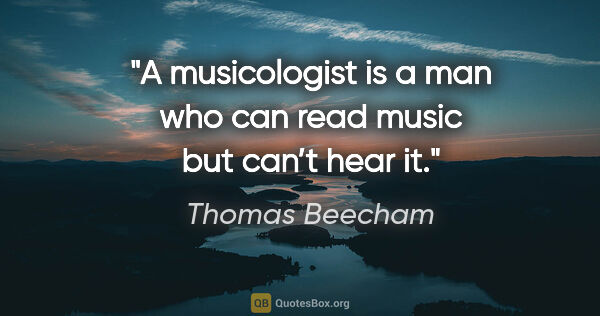I Can Read Quotes (page 2)
when someone speaks he looks at a mouth, not eyes and their colors, which, it seems to him, will always alter depending on the light of a room, the minute of the day. Mouths reveal insecurity or smugness or any other point on the spectrum of character. For him they are the most intricate aspect of faces. He's never sure what an eye reveals. but he can read how mouths darken into callousness, suggest tenderness. One can often misjudge an eye from its reaction to a simple beam of sunlight.
Michael Ondaatje

It is only in the CREATION that all the ideas and concepts of the word of God can come together. The Creation speaks a universal language that does not depend on any human speech or language. It is an eternal 'original copy' that all men can read. It cannot be faked or counterfeited. It cannot be lost or changed. It cannot be kept secret. It does not depend on man deciding whether to publish it or not. It publishes itself from one end of the earth to the other. It preaches to all the nations,...
Thomas Paine
North Korea is a famine state. In the fields, you can see people picking up loose grains of rice and kernels of corn, gleaning every scrap. They look pinched and exhausted. In the few, dingy restaurants in the city, and even in the few modern hotels, you can read the Pyongyang Times through the soup, or the tea, or the coffee. Morsels of inexplicable fat or gristle are served as 'duck.' One evening I gave in and tried a bowl of dog stew, which at least tasted hearty and spicy—they wouldn't...
Christopher Hitchens
It has made me better loving you... it has made me wiser, and easier, and brighter. I used to want a great many things before, and to be angry that I did not have them. Theoretically, I was satisfied. I flattered myself that I had limited my wants. But I was subject to irritation; I used to have morbid sterile hateful fits of hunger, of desire. Now I really am satisfied, because I can’t think of anything better. It’s just as when one has been trying to spell out a book in the twilight, and...
Henry James
Theophilus Hopkins was a moderately famous man. You can look him up in the 1860 Britannica. There are three full columns about his corals and his corallines, his anemones and starfish. It does not have anything very useful about the man. It does not tell you what he was like. You can read it three times over and never guess that he had any particular attitude to Christmas pudding.
Peter Carey

